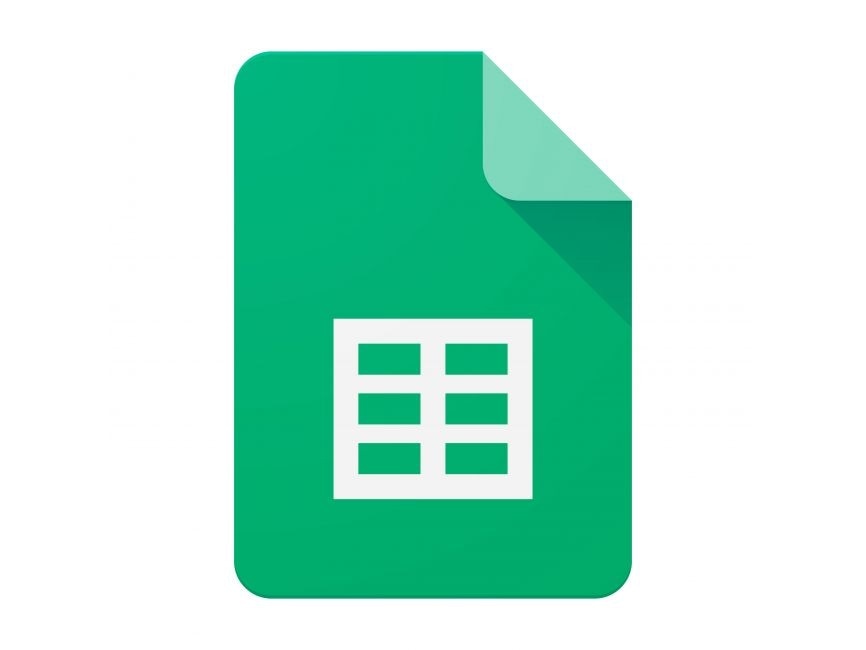by Muhammad
Extract contact information from CV's (from pdf or word + multiple files) to Excel spreadsheet
from flask import jsonify
from flask import request
from flask import Flask
import json
from abilities import llm_prompt
import logging
import os
from models import db
import re
import PyPDF2
import pandas as pd
import csv
from werkzeug.utils import secure_filename
from flask import render_template
from flask import send_file
logger = logging.getLogger(__name__)
logging.basicConfig(level=logging.INFO)
app = Flask(__name__, static_folder='static')
app.config['SQLALCHEMY_DATABASE_URI'] = 'sqlite:///database.sqlite'
db.init_app(app)
with app.app_context():
db.create_all()Frequently Asked Questions
What business problem does the PDF WORD TO EXCEL template solve?
The PDF WORD TO EXCEL template addresses the common business challenge of extracting structured data from unstructured documents. It automates the process of pulling names, phone numbers, and email addresses from PDF and Word files, saving significant time and reducing errors compared to manual data entry. This solution is particularly valuable for businesses that regularly process large volumes of documents containing contact information, such as HR departments, sales teams, or customer service centers.
How can the PDF WORD TO EXCEL template improve efficiency in a sales organization?
For sales organizations, the PDF WORD TO EXCEL template can dramatically streamline lead management and contact database building. Sales teams often receive contact information in various document formats. This tool allows them to quickly convert these documents into a structured Excel format, making it easier to import data into CRM systems or create mailing lists. By automating this process, sales representatives can spend more time on high-value activities like client engagement and less time on data entry.
What are the technical requirements for running the PDF WORD TO EXCEL template?
The PDF WORD TO EXCEL template requires Python and several libraries. You'll need to install the dependencies listed in the requirements.txt file:
PyPDF2
flask
flask_sqlalchemy
pandas
pypdf2
python-docx
werkzeug
Additionally, you'll need to ensure you have a compatible version of Python installed (3.6+). The application uses Flask as the web framework and relies on external APIs for text processing, so an internet connection is necessary for full functionality.
How can I modify the PDF WORD TO EXCEL template to extract different types of data?
To modify the PDF WORD TO EXCEL template to extract different types of data, you'll need to adjust the extract_data_from_file function in main.py. Specifically, you'll want to modify the prompt sent to the LLM. Here's an example of how you might change it to extract job titles and company names:
python
prompt = f"Respond with JSON formatted as plain text. Extract job titles and company names from the following text and respond with a JSON object with keys 'job_titles' and 'companies'. Format the obtained JSON object as plain text. Never use markdown formatting. Here is the text: {text}."
You'll also need to update the parsing of the response and the CSV/Excel output functions to handle the new data types.
Can the PDF WORD TO EXCEL template be integrated into existing business workflows?
Yes, the PDF WORD TO EXCEL template is designed to be flexible and can be integrated into various business workflows. As it's built on Flask, it can be deployed as a web service, allowing other applications to interact with it via HTTP requests. For example, you could set up an automated process where incoming emails with attachments are processed by the PDF WORD TO EXCEL tool, and the extracted data is then automatically fed into your CRM or database. The template's modular structure also makes it relatively straightforward to incorporate into larger Python-based data processing pipelines.
Created: | Last Updated:
Introduction to the PDF and Word to Excel Conversion Template
This template is designed to help you convert PDF and Word documents into an Excel spreadsheet format with ease. It's perfect for builders who need to extract names, phone numbers, and emails from multiple documents and compile them into a single, organized Excel file. The template uses a Flask web application to upload files, process them, and return the extracted data as an Excel file.
Getting Started
To begin using this template, click on "Start with this Template" on the Lazy platform. This will set up the template in your Lazy Builder interface, pre-populating the code so you can start customizing and testing right away.
Test: Deploying the App
Once you have the template loaded, press the "Test" button to deploy the app. The Lazy CLI will handle the deployment process, and you won't need to worry about installing libraries or setting up your environment. After the deployment is complete, Lazy will provide you with a dedicated server link to use the app.
Using the App
After deployment, navigate to the provided server link to access the web interface. Here, you can upload your PDF or Word documents. The app will process these files and extract the required information. Once the processing is complete, you can download the results in an Excel format directly from the web interface.
Integrating the App
If you need to integrate this app into another service or frontend, you can use the server link provided by Lazy. For example, you could add the link to a button on your website that allows users to upload documents and receive an Excel file in return.
Remember, this template is a starting point. You can customize the code to fit your specific needs or integrate it with other tools and services to create a more robust solution.
If you need to refer to the documentation for any of the libraries used in this template, such as Flask or PyPDF2, you can find their documentation at:
For any further customization or integration, you may refer to the sample code provided within the template to understand how to work with the extracted data and potentially integrate it into other tools or services.
By following these steps, you should be able to successfully use the PDF and Word to Excel Conversion template on the Lazy platform to streamline your document processing tasks.
Here are 5 key business benefits for this PDF/Word to Excel extraction template:
Template Benefits
-
Automated Data Extraction: This template automates the process of extracting important contact information (names, phone numbers, emails) from PDF and Word documents, saving significant time and manual effort.
-
Bulk Processing Capability: The ability to upload and process multiple files (up to 50) simultaneously allows for efficient handling of large document sets, ideal for businesses dealing with high volumes of documents.
-
Structured Data Output: By converting unstructured document data into a structured Excel format, the template makes information more accessible, searchable, and usable for various business applications like CRM systems or marketing databases.
-
Improved Accuracy: Leveraging AI (GPT-4) for data extraction reduces human error in manual data entry, leading to more accurate and reliable contact information databases.
-
Enhanced Productivity: The web-based interface with progress tracking and visual cues (like marking processed files) provides a user-friendly experience, allowing employees to easily manage document processing tasks and improve overall productivity.




